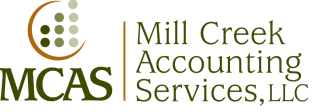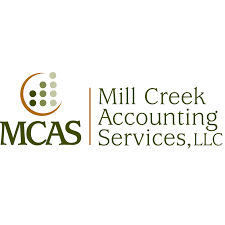Does It Really Matter Which QuickBooks Product I Use For My Business!?
In our line of work, many people ask what QuickBooks (QB) program is right for their business. There are numerous factors for determining which QB program is the right one for you. While cost is the obvious factor, it is not always the most important variable. Let Mill Creek Accounting Services, LLC help you choose the best program for your business.
Contact Our Team At: [email protected] Phone: 406-926-1057
Mill Creek Accounting Services, LLC was founded with the mission to provide a resource for accounting services to Missoula and its surrounding area organizations. Mill Creek Accounting Services have seen it over and over again, when institutions focus purely on their production and service needs, while they neglected their accounting systems. The results spoke for themselves: unreliable financial information, slow invoicing and payment collections, strained relationships, and crushing stress on owners and staff. There is a better way to do business!
Learn more: www.millcreekaccounting.com. You can schedule a complimentary consultation for your small business in Missoula, MT.
Mill Creek Accounting Services, LLC was founded with the mission to provide a resource for accounting services to Missoula and its surrounding area organizations. Mill Creek Accounting Services have seen it over and over again, when institutions focus purely on their production and service needs, while they neglected their accounting systems. The results spoke for themselves: unreliable financial information, slow invoicing and payment collections, strained relationships, and crushing stress on owners and staff. There is a better way to do business!
Learn more: www.millcreekaccounting.com. You can schedule a complimentary consultation for your small business in Missoula, MT.

















